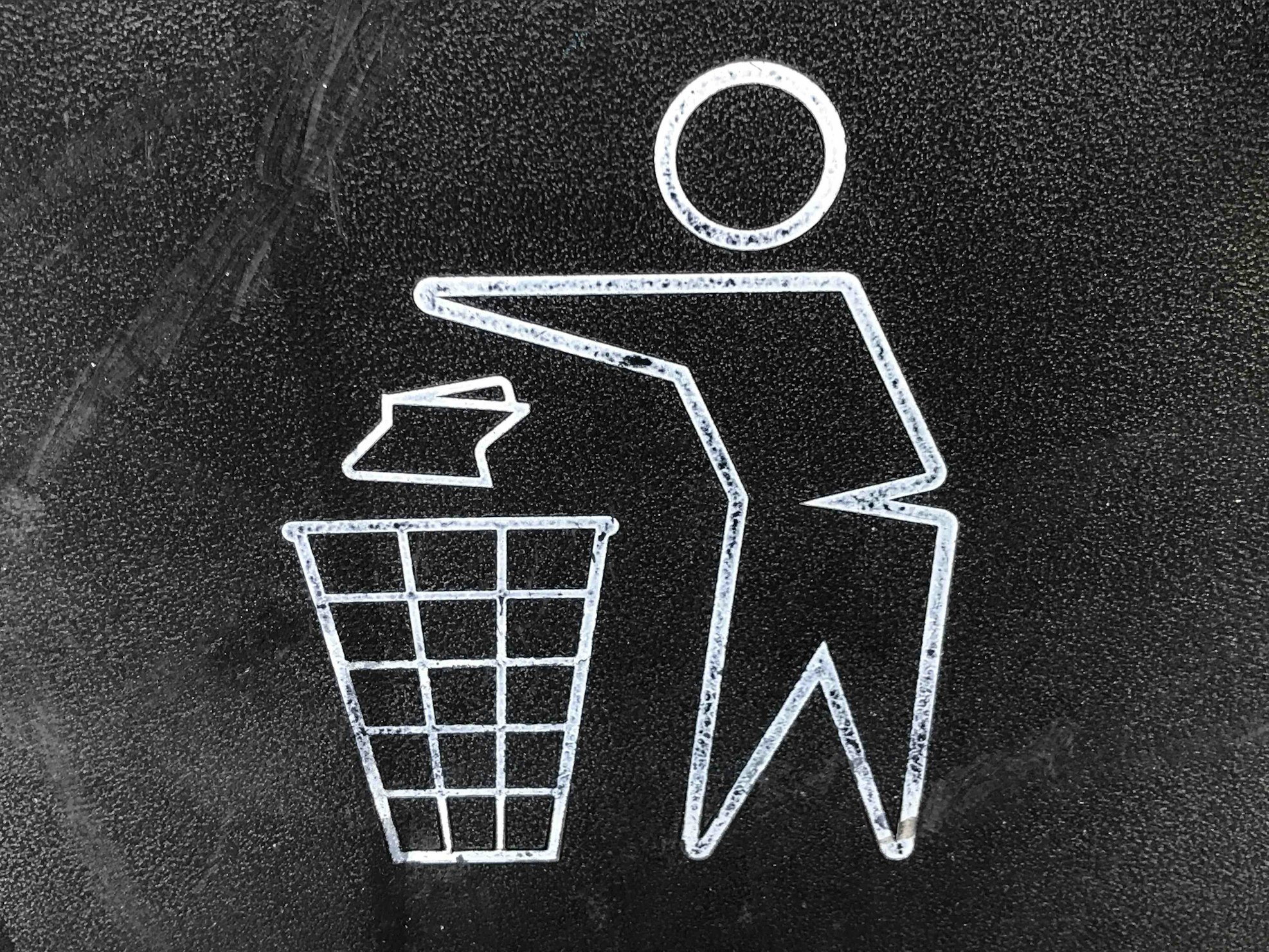An Apraoch to the Biomedical Waste Management Problem

Biomedical waste is the solid or liquid waste that comes from healthcare activities. Managing this waste is important to protect the health of the local community and the environment, as well as to avoid financial losses and maintain social and aesthetic values(taking care to ensure that the process doesn’t negatively impact the visual appeal of the surroundings or the overall environment). The process of managing biomedical waste involves generating, separating, collecting, transporting, processing, and disposing of the waste. It’s a complex and challenging system. To find effective solutions, research on biomedical waste management needs to address this complexity.
In the study, exists an ontology (a way to represent knowledge) of biomedical waste management to visualize and systematically analyze its complexity. We looked at 184 articles from Scopus on biomedical waste management and mapped them onto the ontology. The results show a roadmap of research in this field, with a strong focus on the functional aspects and outcomes of the management system. However, there is less attention given to the composition of the waste, the people involved (stakeholders), and the policies that guide the system.
To improve both research and practice in biomedical waste management, it’s important to address these biases. The review-results can be used to create a roadmap for future research to enhance the biomedical waste management system.
BioMedical Waste Management: Insights from Northern Saudi Healthcare Workers
People who work in healthcare, like doctors and nurses, have an important job in handling biomedical waste (BMW) every day. The World Health Organization pointed out reasons why BMW management might not work well, such as healthcare workers not knowing the health risks of BMW and not having enough training in BMW management. This study looked at how much healthcare workers in northern Saudi Arabia know, think, and do when it comes to managing BMW.
Approach
In this study, that people filled a questionnaire on their own to understand what healthcare workers know, think, and do regarding biomedical waste. 384 surveyed healthcare workers from various healthcare places using a careful selection method. To see if there’s a connection between what they know, think, and do and their background, and used a statistical analysis called binomial logistic regression. Finally, checked for any links between the scores of what they know, think, and do using a test called Spearman’s correlation.
Findings
In the group we studied, almost half of the healthcare workers (HCWs) knew a lot about biomedical waste (47.1%), most had a positive attitude (65.1%), and about half had good practices (49.5%). We discovered that those aged 30 to 39 years and non-Saudi nationals knew more about it. Attitudes were less positive among those working in advanced healthcare settings. Men generally had better practices than women, but pharmacists and lab technicians tended to have lower scores than doctors. Our tests showed a small positive link between knowledge and attitude scores and a stronger connection between attitude and practice scores.
Read the Original Article: PubMed
Read more: The Initial Chimeric Monkey has Surfaced, Displaying Dual Sets of DNA










